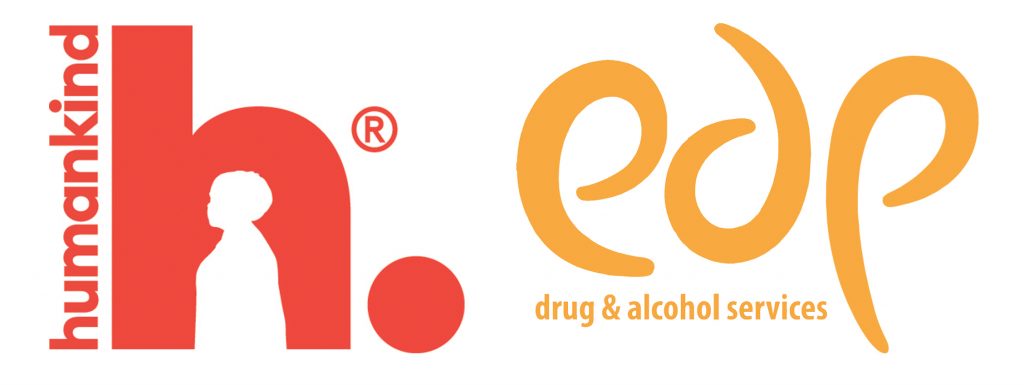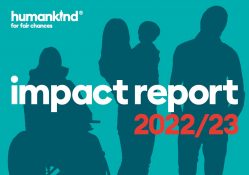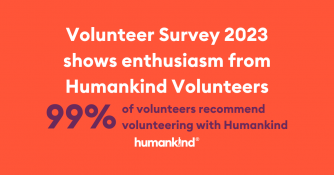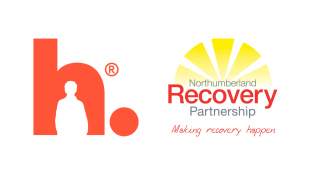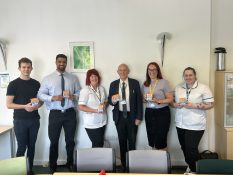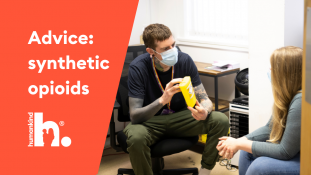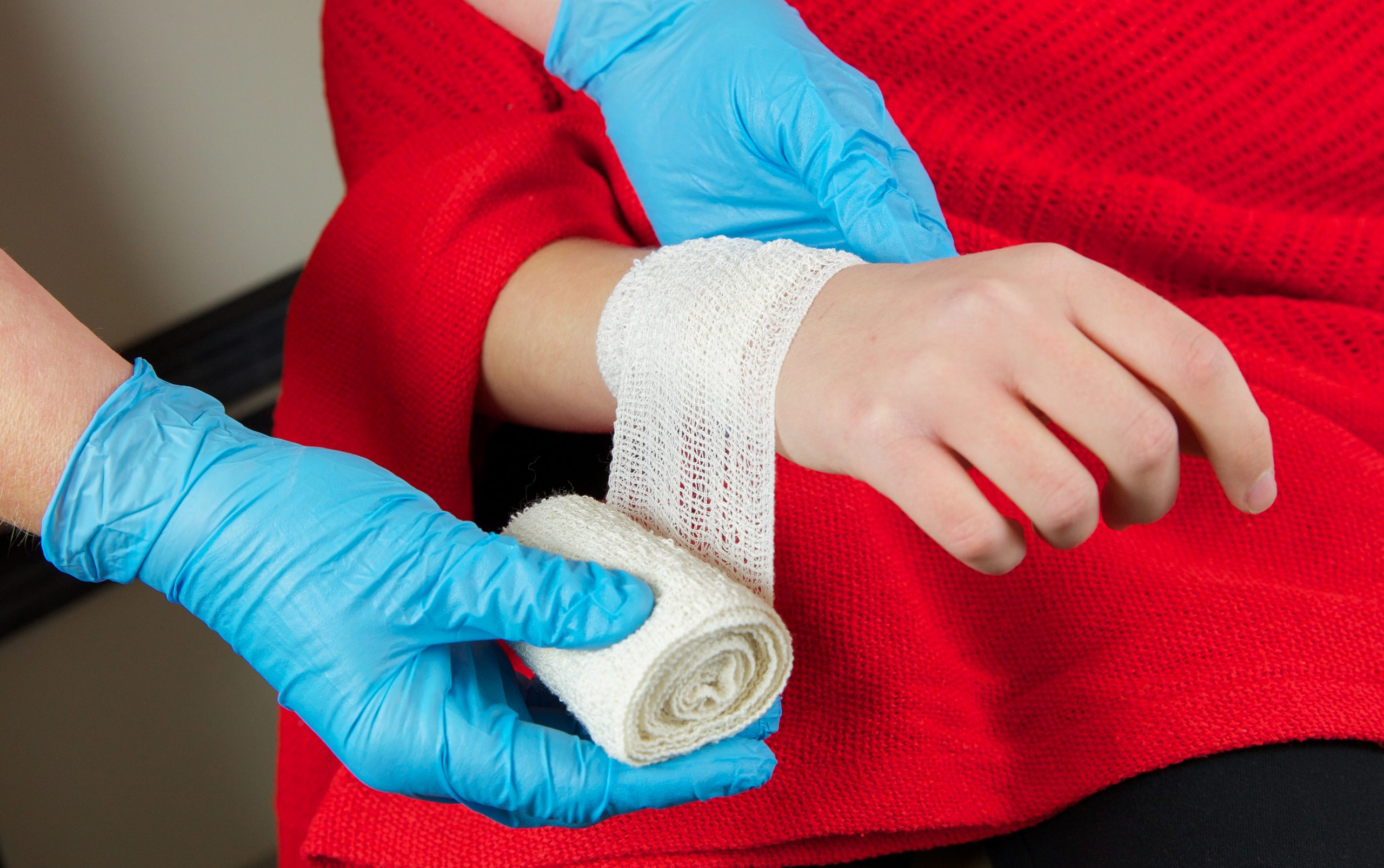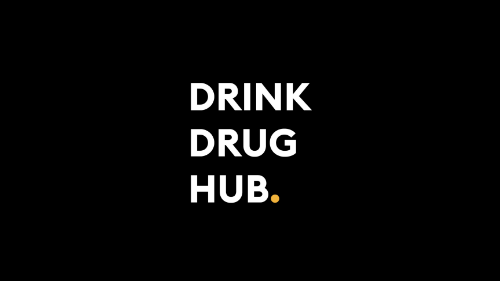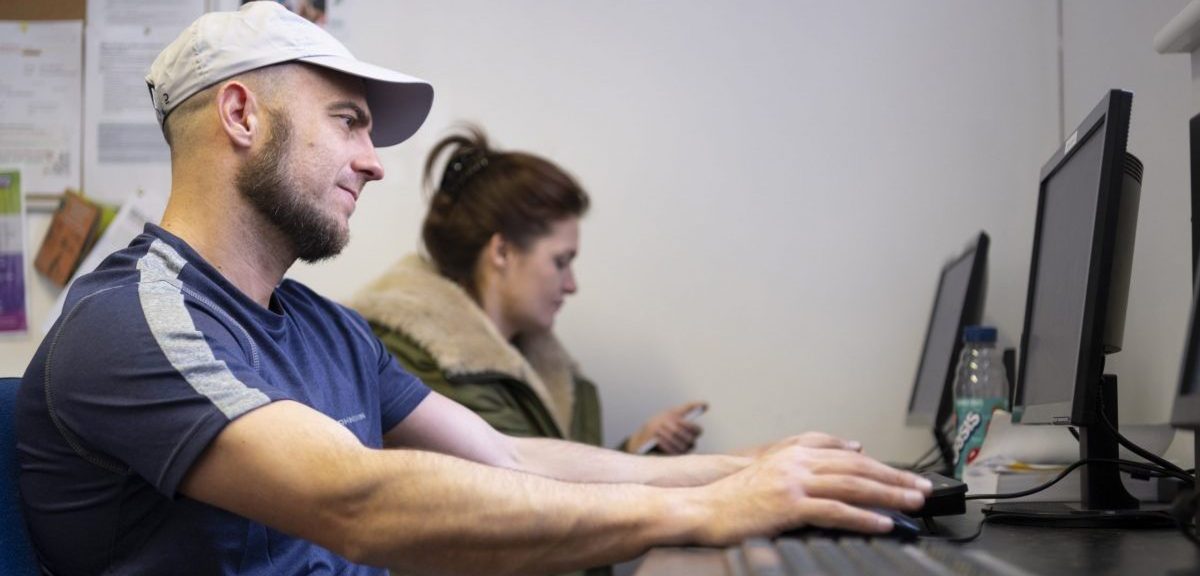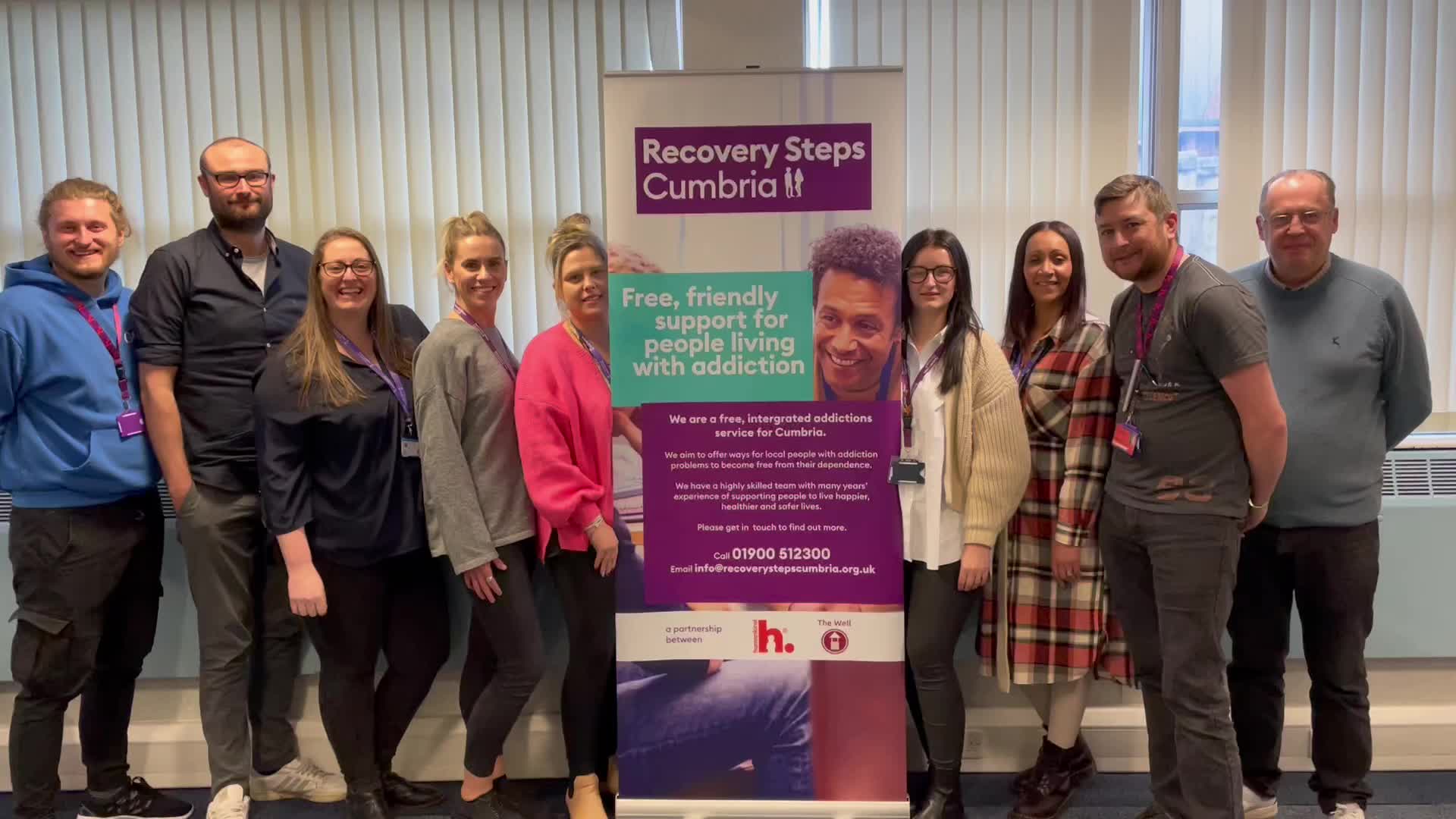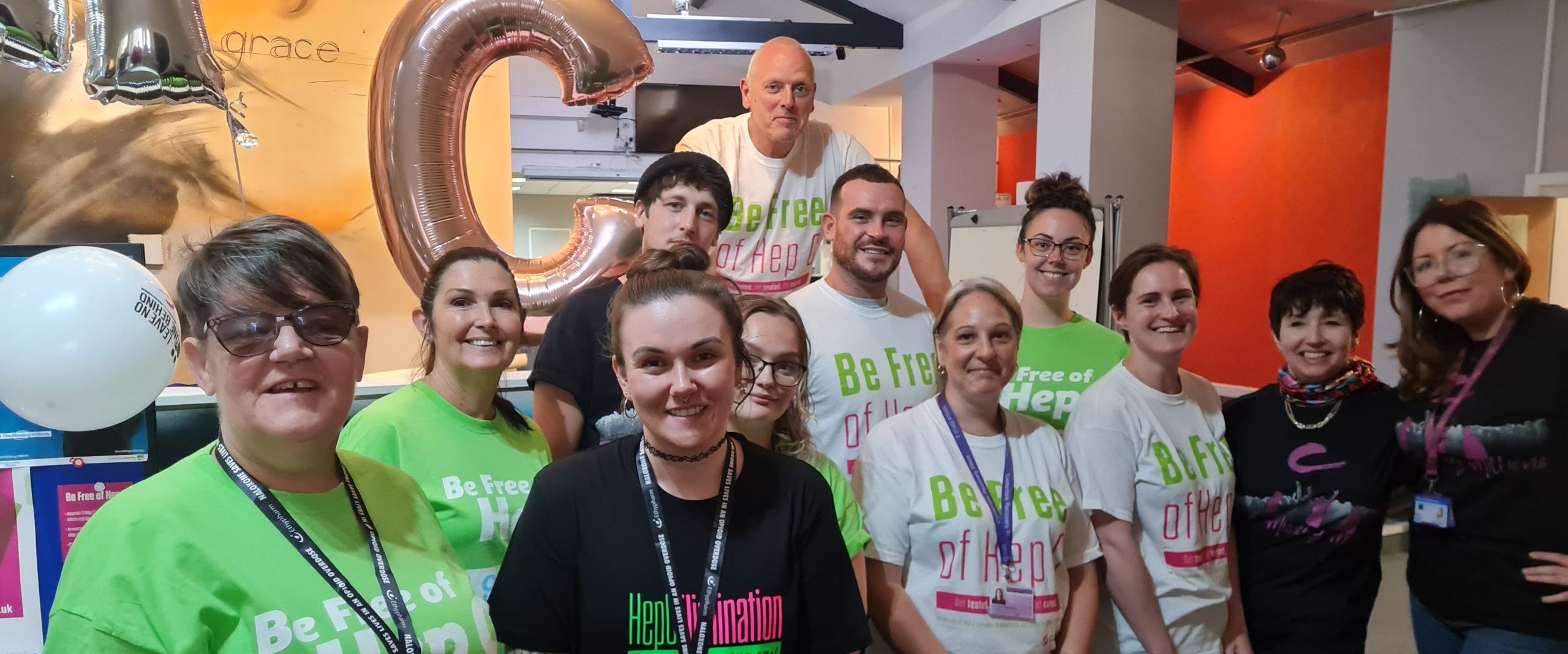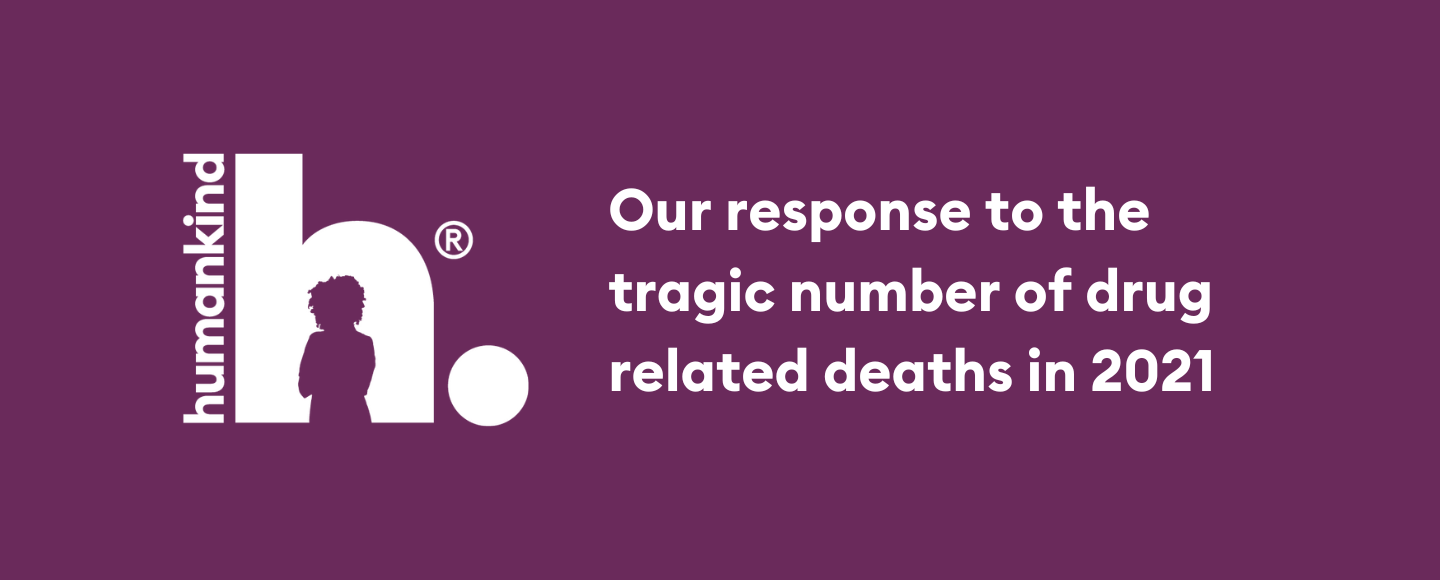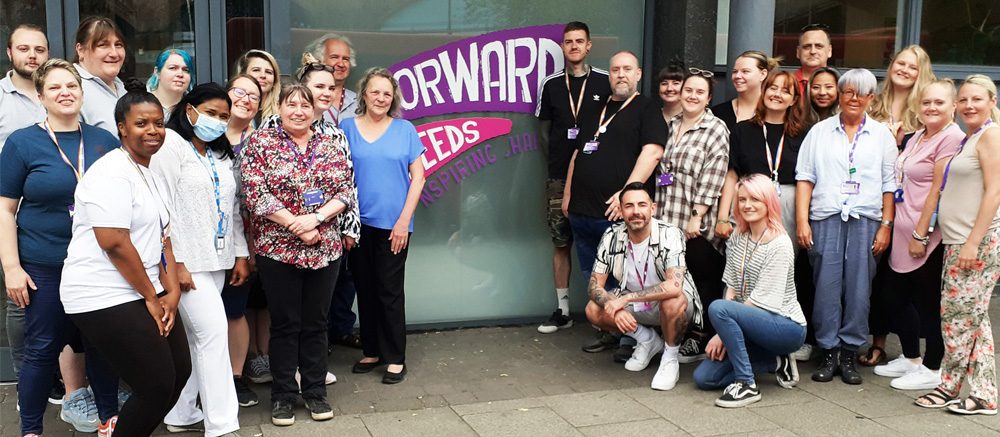National Apprenticeship Week 2023 takes place from Monday 6 February to Sunday 12 February. With both Dame Carol Black’s Independent Review and the national drug strategy, ‘From Harm to Hope’, singling out workforce development as a national priority and essential criteria for success, we are taking the opportunity to highlight the achievements and aspirations of the 45 apprentices at our charity.
Across our County Durham Drug and Alcohol Recovery Service, Liaison and Diversion, and Crisis teams, there are 15 apprentices with lived experience of drug and alcohol use, recovery, mental health, or experience of the criminal justice system completing a Level 2 in Adult Care.
These apprentices were specifically recruited for their unique experiences, each bringing empathy, understanding and a range of skills to the role, which benefits the people accessing these services, our national charity, and the wider charity sector.

Ben Fidler, a Peer Apprentice in recovery in the County Durham Drug and Alcohol Recovery Service, shared his journey, from volunteering to his apprenticeship, and how it increased his self-confidence.
“Humankind’s positive approach to interviewing makes you feel like they are wanting to learn about you and your worth as a person,” Ben commented. “They go the extra mile to find the right person, and it feels great when that person is you! It is a really refreshing outlook.”
Another apprentice with lived experience commented that “I have always been passionate about mental health and helping others, and through this apprenticeship, being able to help others makes me feel there is a more positive outcome from my own experiences.”
We have seen great success within our apprentice programme. Nine out of sixteen who started in entry level positions after completing Level 2 or 3 apprenticeships are still employed in permanent positions. The apprenticeships have provided the others with the tools to make a positive impact in new roles.
George Bell began his journey with us as a volunteer before becoming a Peer Support Apprentice in March 2020. He described his apprenticeship experience as a great way to learn new skills and knowledge while being part of the team, and excelled in his role, securing a permanent position first as a Peer Support Worker and now as Peer Mentor and Volunteer Coordinator in the Tees Crisis Team.
Of his experience, George said, “The wider team were all very supportive and encouraging which is great for confidence building and also getting great shadowing experiences with different members of the team.”
Each apprentice at Humankind participates in on-the-job learning to gain the skills and experience required to develop their career within a supportive environment. Their work makes a real difference to the lives of people we support every day.
The programme covers a range of apprenticeship standards, including Adult Care, Finance and Customer Service among others. The apprenticeship standards studied support our different services across the country, from community drug and alcohol treatment to corporate services.
As well as apprenticeships for people looking to begin their career journey within the charity sector, over half of the apprenticeship learners were already employed by us and requested to complete an apprenticeship for their own personal development.
This includes 11 managers studying towards a Level 5 apprenticeship in Operations Management with Activate Business School. Feedback so far has been positive, and the organisation will support more managers to study towards the Level 5 Operations Management apprenticeship in the future. The apprenticeship is delivered remotely, fitting around the workdays of the learners.
Roxanne Dark, Service Manager at Humankind’s Staffordshire Treatment and Recovery Service (STARS) said, “The level 5 apprenticeship has given me the ability to stay in the role I enjoy while working towards my future in the same working environment. It has helped me in my role as I feel I am a better manager and I think in different ways now.”
We work with seven different training providers who deliver apprenticeships in varied ways, including with online platforms and face-to-face learning in a higher education or workplace setting.
In addition to Activate Business School, these providers include Darlington College, East Durham College, Impact Futures, Kaplan Financial Ltd, New College Durham, and Teesside University.
The apprenticeship programme is overseen by Humankind’s Talent Development Manager, Katie Woodward. Katie’s role involves developing the apprenticeship offer while working closely with services to identify current and future workforce trends.
“The most rewarding part of the role,” Katie says, “is the opportunity to support our workforce, from volunteers to managers, to develop their skills and careers every day.”
If you would like to know more about the apprenticeship programmes on offer, please reach out to Katie at katie.woodward@humankindcharity.org.uk.

